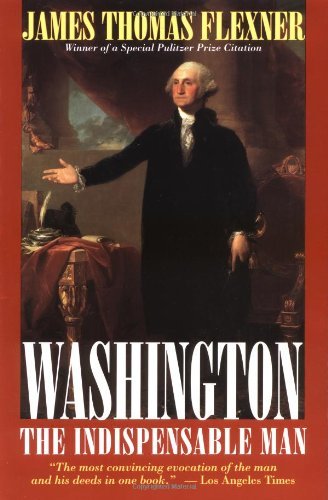
American Sphinx: The Character of Thomas Jefferson
Book Description
Behind the polished façade of America’s founding father lies a man of deep contradictions. Brilliant yet flawed, visionary yet hypocritical, Thomas Jefferson’s life unravels like a dramatic tale. From his role in crafting the Declaration of Independence to his personal demons and complex relationships, Jefferson’s story is a gripping exploration of ambition, morality, and the human condition. As the nation grapples with freedom and equality, the man at its helm wrestles with his own legacy. What drives a genius to build a nation while shackling his own ideals? Discover the enigma of the American Sphinx.
Quick Book Summary
"American Sphinx: The Character of Thomas Jefferson" by Joseph J. Ellis provides an incisive and nuanced portrait of one of America’s most enduringly enigmatic figures. Ellis investigates Jefferson’s inner contradictions, exploring how he could simultaneously pen the Declaration of Independence and own slaves, champion liberty yet shy away from public confrontation, and preach ideals while often failing to personally live up to them. Instead of a chronological biography, Ellis examines Jefferson’s life in light of pivotal moments and relationships, emphasizing the elusive, sphinx-like nature of his character. The book delves into Jefferson’s intellectual brilliance, political cunning, and personal mystique, revealing a man who fiercely guarded his privacy and left behind a legacy that is both inspirational and deeply problematic. Ellis ultimately argues that Jefferson’s complexities have contributed to his mythic, almost inscrutable place in American history.
Summary of Key Ideas
Table of Contents
Jefferson's Contradictory Nature
Thomas Jefferson emerges in Ellis’s biography as a man of profound contradictions. On the one hand, he articulated the highest ideals of liberty, equality, and democracy; on the other, he owned hundreds of slaves and failed to resolve the gulf between his rhetoric and his reality. Ellis explores the personal, social, and historical reasons for these inconsistencies, showing how Jefferson held onto his ideals even as he navigated the messy realities of his time. He was able to compartmentalize, preserving his self-image even when his actions diverged from his lofty words.
The Power and Limits of Ideals
Jefferson’s unwavering faith in the rights of man and the promise of the American experiment allowed him to become a central architect of the revolution. Yet, Ellis illustrates the limits of ideals without action, as Jefferson frequently retreated from direct political conflict. He preferred to express his boldest convictions in writing and remained distant from the daily grind of governance. This tension between public vision and personal reticence helped define his statesmanship, leaving an ambiguous legacy that continues to provoke debate.
The Role of Privacy and Secrecy
Privacy was both a personal refuge and a political tool for Jefferson. He meticulously managed his public image and was famously reluctant to participate in the cut-and-thrust of open debate. Ellis analyzes how this guardedness fueled speculation and myth-making, allowing Jefferson to project an almost chameleon-like identity that could adapt to the needs and hopes of different generations. His preference for written rather than spoken communication served both to shield him from controversy and to create his lasting intellectual legacy.
Jefferson's Political Craftsmanship
Strategically wielding his intelligence and charm, Jefferson navigated the treacherous waters of early American politics with deft subtlety. Ellis describes his mastery of indirect influence: he formed alliances, wrote persuasively, and maneuvered behind the scenes to achieve political goals. His skills as a statesman were often hidden by his desire to appear above the fray, but Jefferson shaped the nascent nation’s institutions with calculated grace and quiet force.
Legacy and Historical Interpretation
Ultimately, Ellis contends that Jefferson’s historical significance lies not only in his accomplishments but also in the contradictions that defined him. He became an icon whose meaning shifted to fit the needs of successive generations. Ellis urges readers to acknowledge the “sphinx” quality of Jefferson, whose layered and sometimes perplexing legacy offers insight into both the possibilities and the failings of the American experiment. Jefferson remains a touchstone for debates about freedom, equality, and the persistence of human imperfection.
Download This Summary
Get a free PDF of this summary instantly — no email required.





